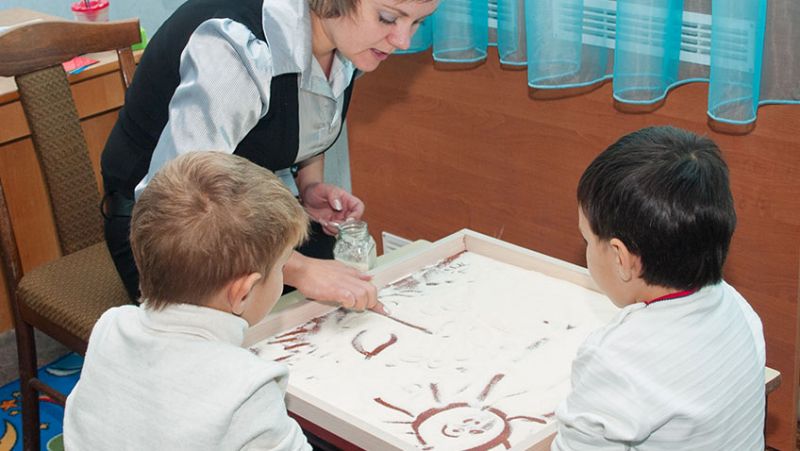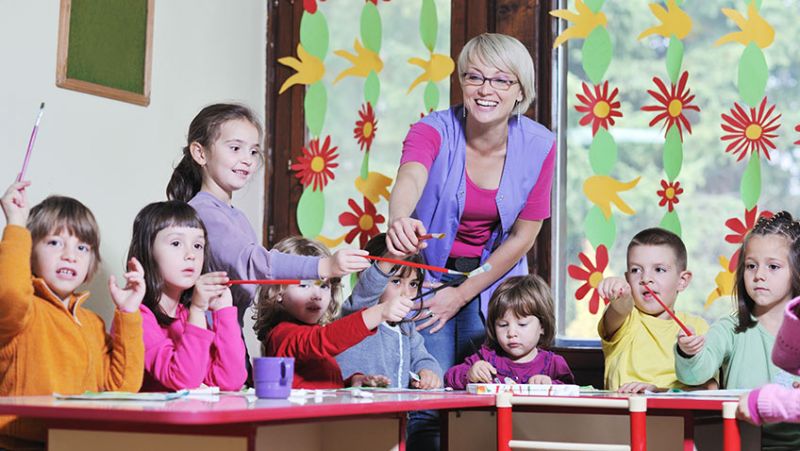
The situation during the past two years with the pandemic and constant lockdowns positioned all students in a rather unique and specific situation most of them have never experienced – homeschooling and hybrid learning. While students do their best to cope with the current situation of uncertainty in their academic experience, parents do not have it easier too, doing their best to find the balance and make sure their children are moving forward the learning curve efficiently, while staying sane.
One of the biggest changes most families have experienced because of the pandemic are online school and navigating a mix of learning from home that posed so many challenges for the students, but for their parents too. Balancing online learning, mental health and daily life is not as easy as it used to be before the pandemic, however, it is possible and the efforts of many professionals and experts are focused on helping students understand the situation and making the best of it.
Challenges Posed by Online Schooling
One of the main problems right now is that the situation with school is pretty different from country to country and sometimes even from city to city. Many students have already returned to in-person learning, however, there are still kids in some places that remain to learn through the computer screen or have a hybrid schooling schedule, which means they are constantly alternating between home and school. Unfortunately, the situation with the virus does not get better, which means there is this uncertainty of how long this challenging time for students will continue and when they will be finally back to conventional in-person schooling. In case your kid is still in hybrid learning or full online learning, chances are your kid is experiencing fatigue, increased stress, increased screen time, and more.
Is Zoom Fatigue a Real Thing?
Yes, Zoom fatigue is a real thing and parents should be careful with it and on the lookout. Online learning through Zoom is tiring for kids. In addition, a lot of the schools require kids to keep their cameras on during the learning process, which is an additional stress for the kids. Studies show that video interactions are more taxing compared to in-person interactions. It is a good idea to encourage your kid to turn off the camera whenever this is possible.
In addition, online schooling also challenges the working memory, self-control and flexible thinking of kids. This can easily make them feel overwhelmed, stressed, tired and even frustrated. In case you notice that your kid is showing signs of Zoom fatigue, such as melting down, crankiness and difficulties to pay attention, you should know that they need to have an unscheduled break and you need to allow it to them.
Screen Time – Set Realistic Expectations
Screen time limits set by parents are also challenged during the last couple of years. Clearly, your kid is going to spend more time in front of the screen when online schooling is added. In addition, many parents are working from home too and they advantage of screens as a distraction tool for the kids during working hours too. In result, kids are spending too much time on their electronic devices.
Therefore, it is recommended that parents still need to set limits on the screen time. However, in case you cannot be as strict with these limits as you would like to be, don’t worry, we are all in a different and challenging situation at the moment. In fact, it is better for you to let go of the idea of perfect parenting at the moment then overstressing yourself that you are not able to be strict with limiting and being too harsh on yourself with impossible expectations. In addition, since socialization is still limited in many places, it is even better to encourage your kids to connect with friends and family through the screen instead of isolating them completely.
Kids Can Set Their Own Limits
Yes, kids can set their own limits and you are the one who can help them do so. In order to achieve that, make sure to help your kid understand when it is better to step away from the screen and do something else with their time. Help them understand that they need to give themselves a break when they start experiencing dry eyes, headache and blurred vision. If you are able to teach your kids how they can organize their time better and do not spend too much time in front of the screen, you are helping them develop a skill that will be useful all life long.

